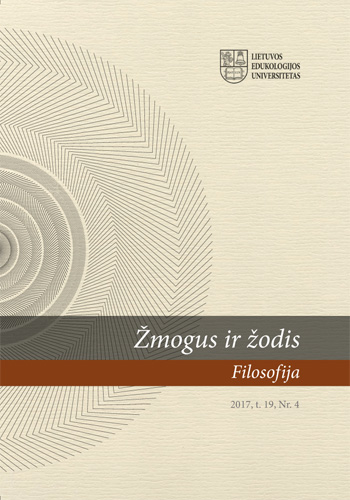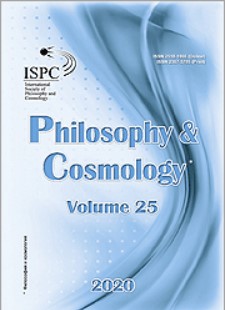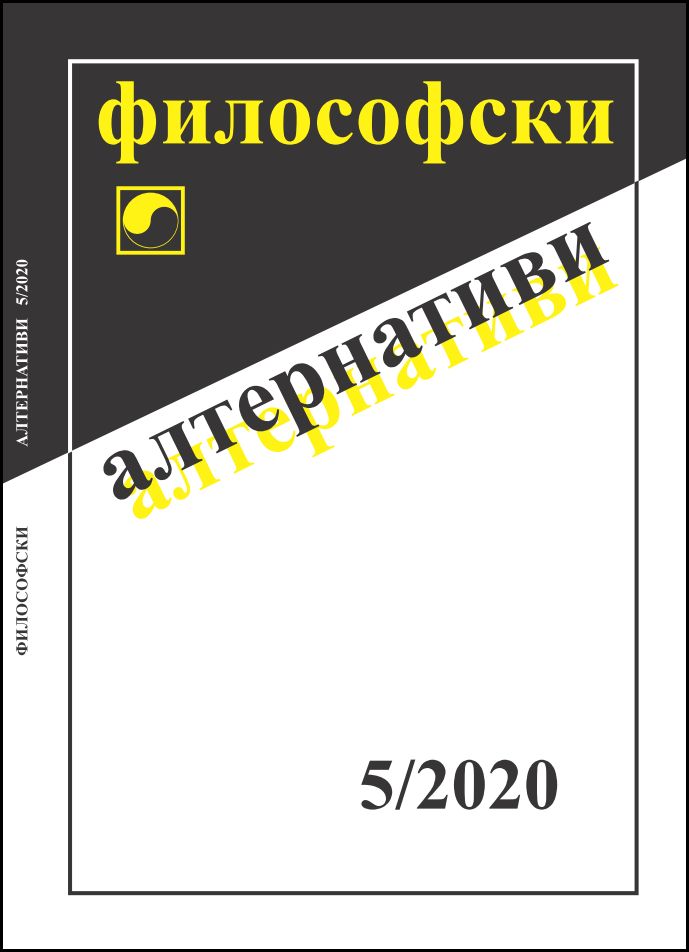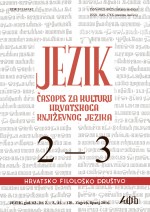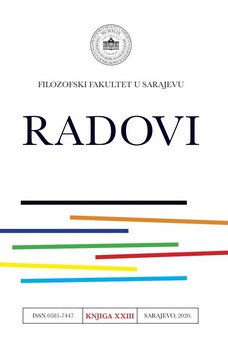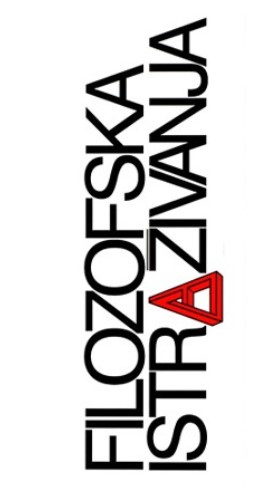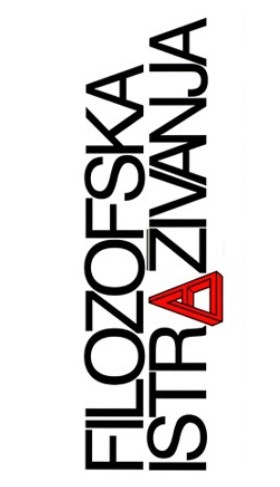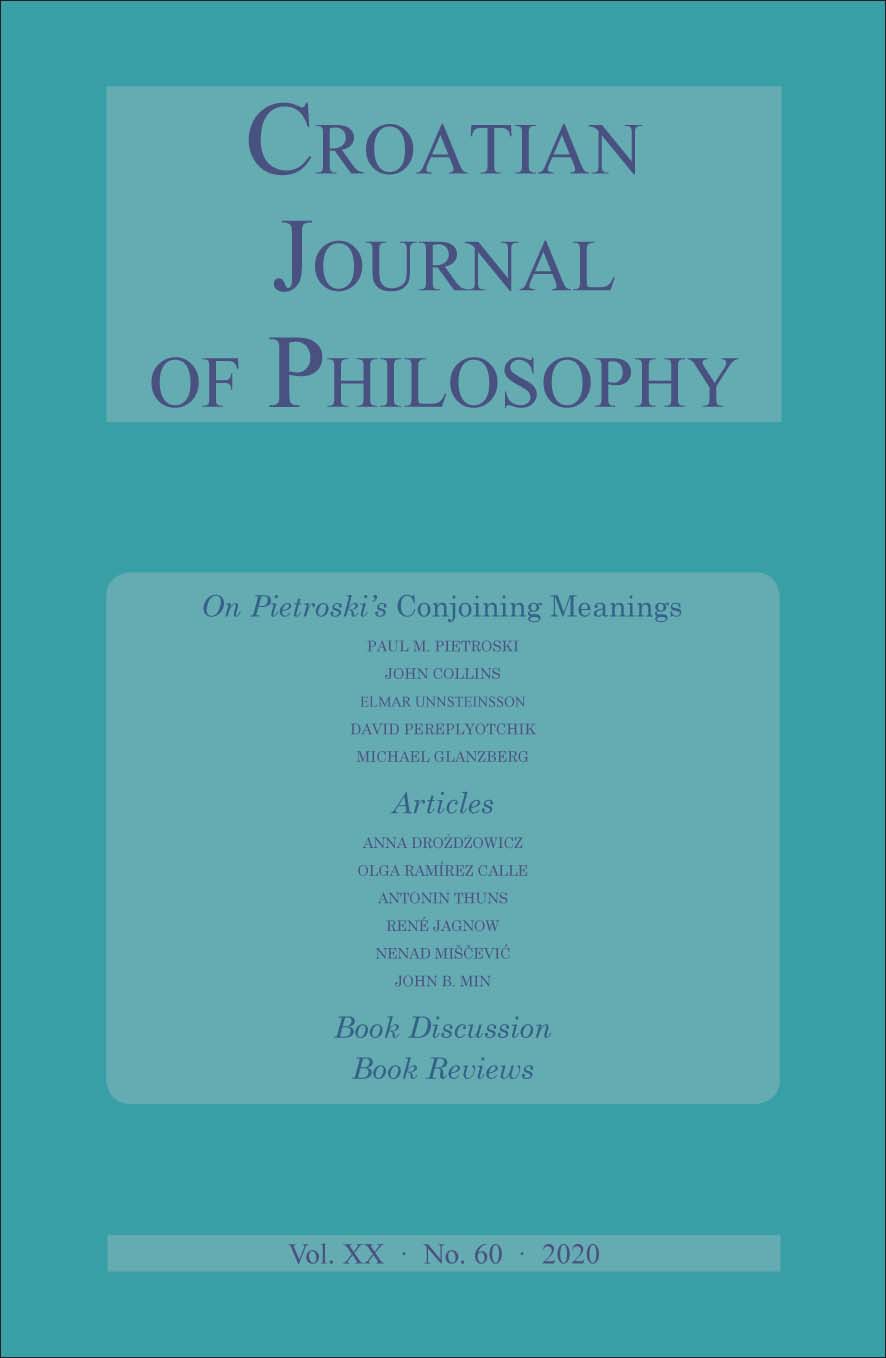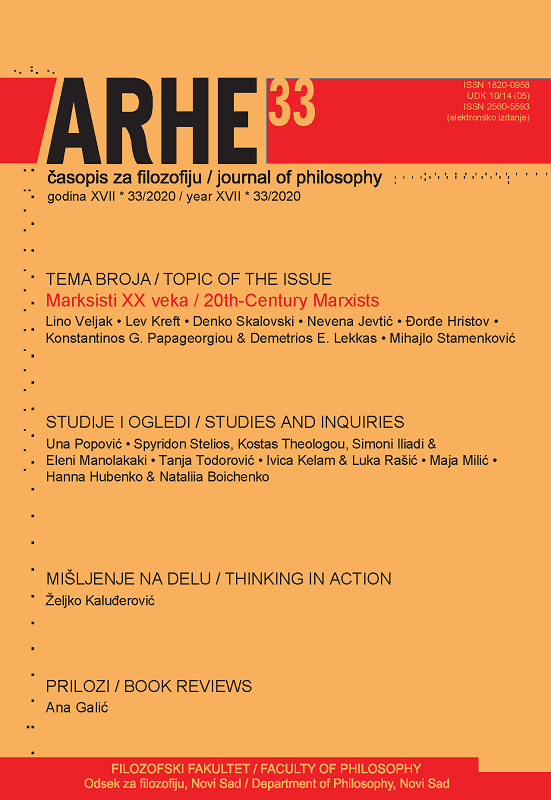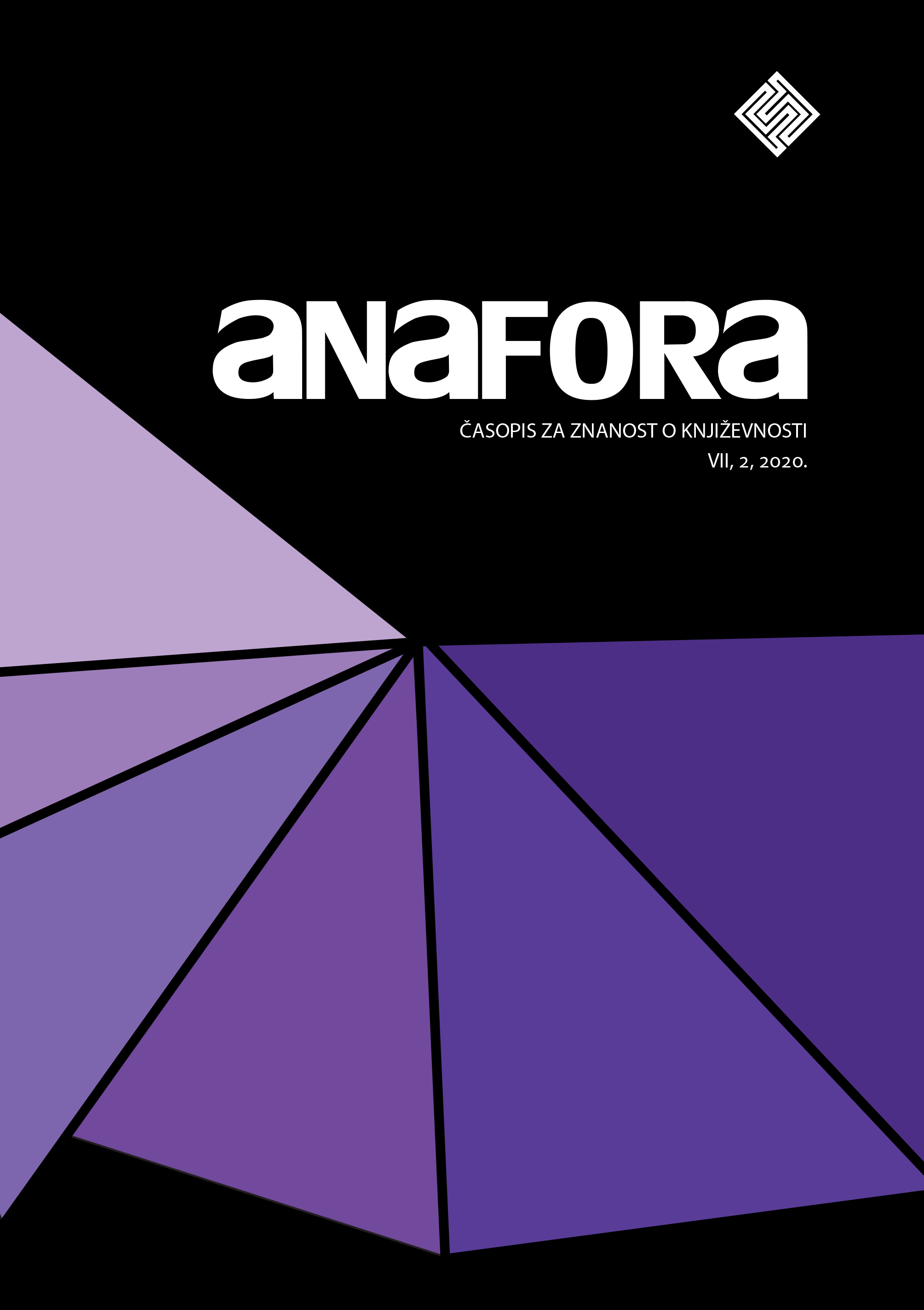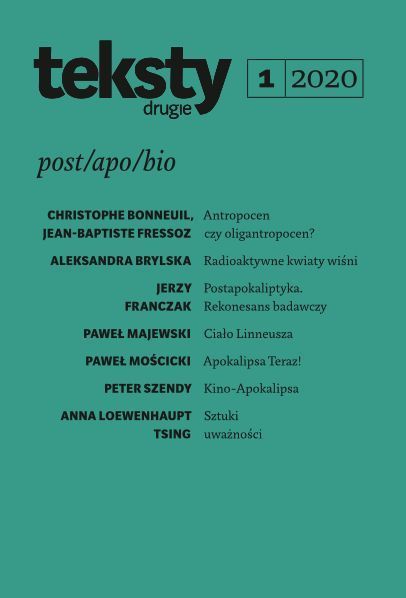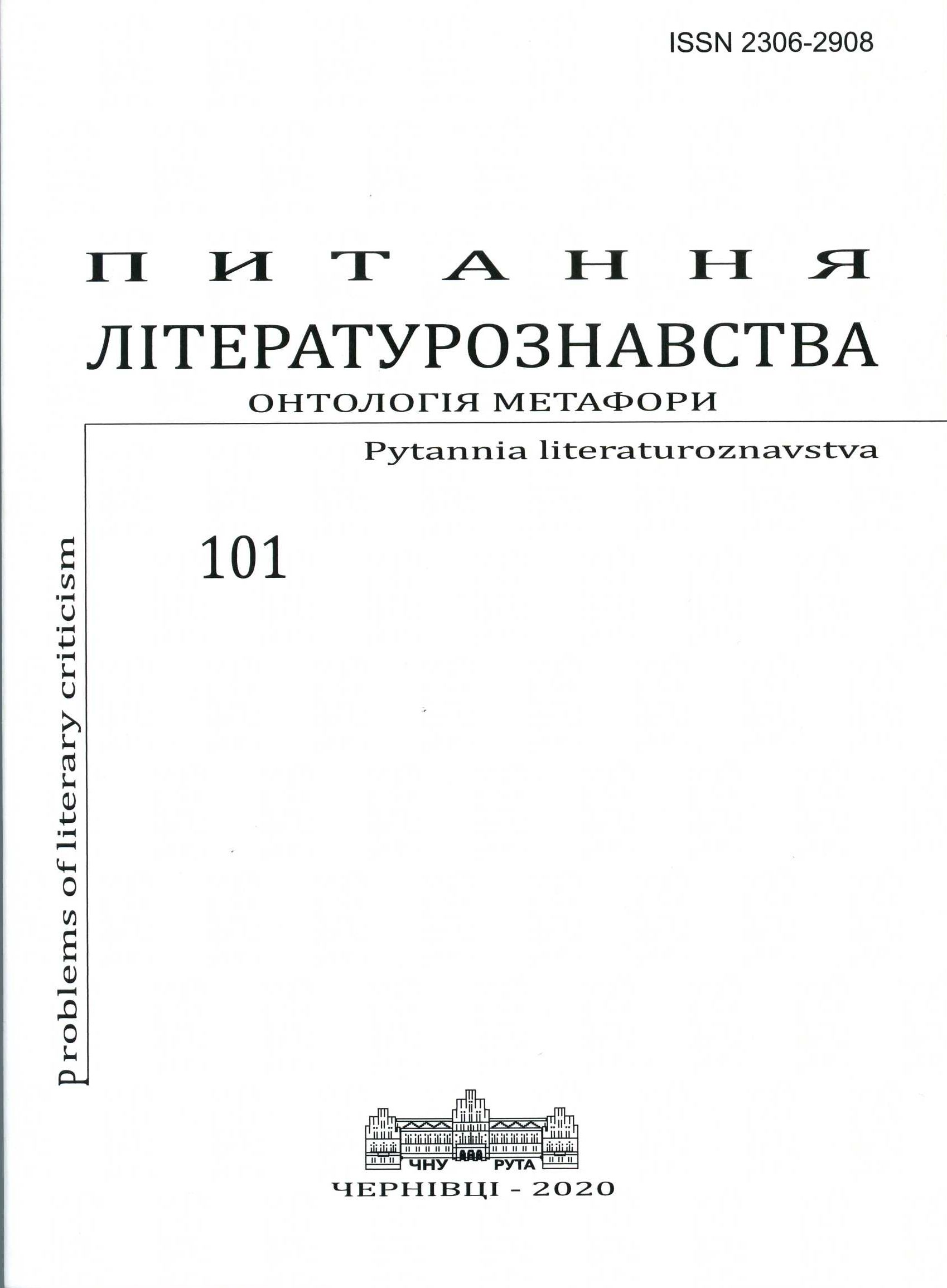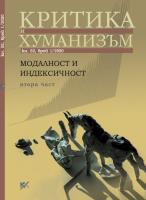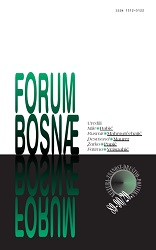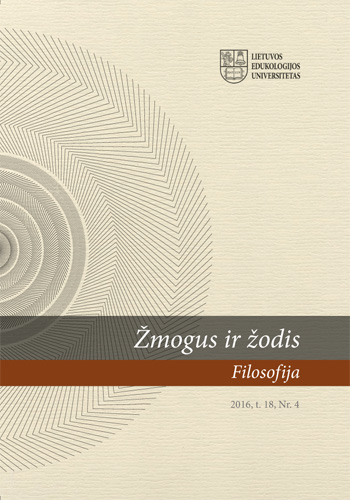
Heideggeris ir Sezemanas: fenomenologinė ontologija ir kritinis realizmas
The reception of Heidegger’s philosophy in Lithuania is often associated with the philosophy of Juozas Girnius and Antanas Maceina. However, Girnius was not the first one to take interest in Heidegger’s philosophy in Lithuania. Vasily Seseman preceded him. He wrote a review about Heidegger’s Being and Time immediately after the publication of this book in the magazine of Russian emigrants in 1928. The influence of Heidegger’s philosophy on Seseman was obvious in a number of his works that appeared at the end of the 30s and in the 40s. In 1941, Seseman’s article about Heidegger was published in the Lithuanian encyclopedia. Seseman notes that Heidegger’s philosophy is related to anthropology, but does not consider it a flaw. On the contrary, according to different texts of Seseman, it can be stated that he treats the tendency of Heidegger’s philosophical anthropology as a continuation of Scheler’s ideas. Seseman perceives Heidegger’s philosophy as a practical application of phenomenology in solving the problems of anthropology. Seseman argues that Heidegger’s knowledge, religion and ethical problems are linked to the criticism of objectified existence. The aim of the current article is to analyse the relationships between the philosophical conceptions of Seseman and Heidegger, as well as to show how the interpretation of Heidegger’s ontology is reflected in Seseman’s turn from theory of cognition to the problems of anthropology and metaphysics.
More...
